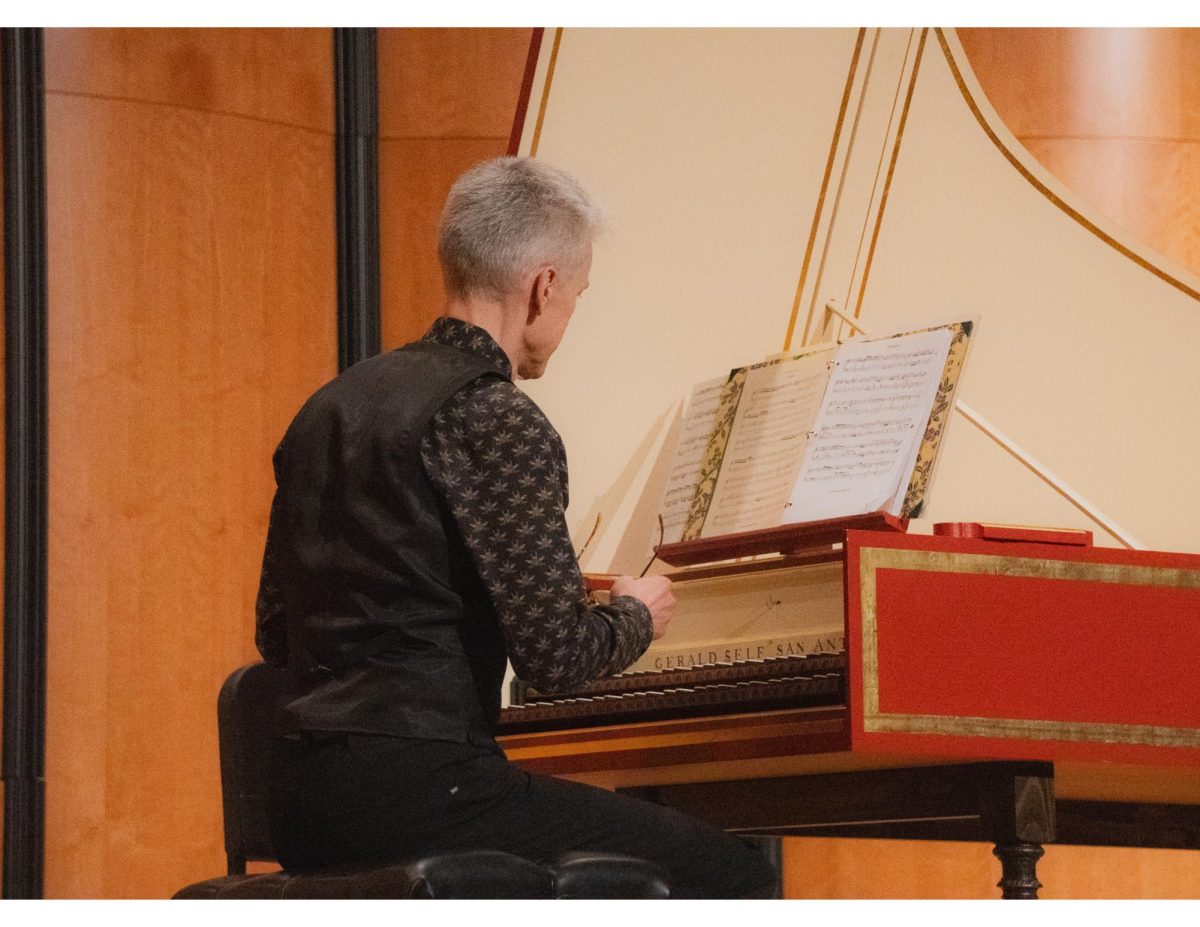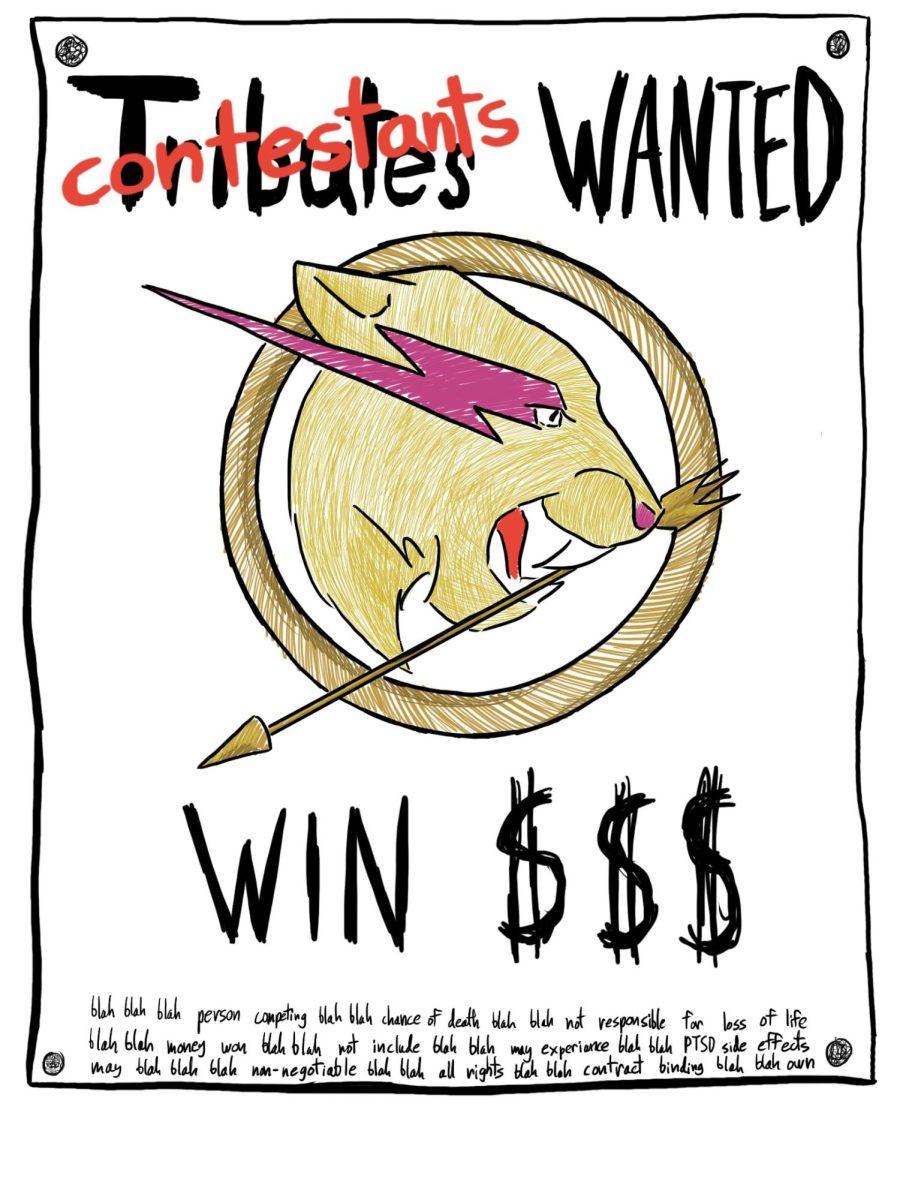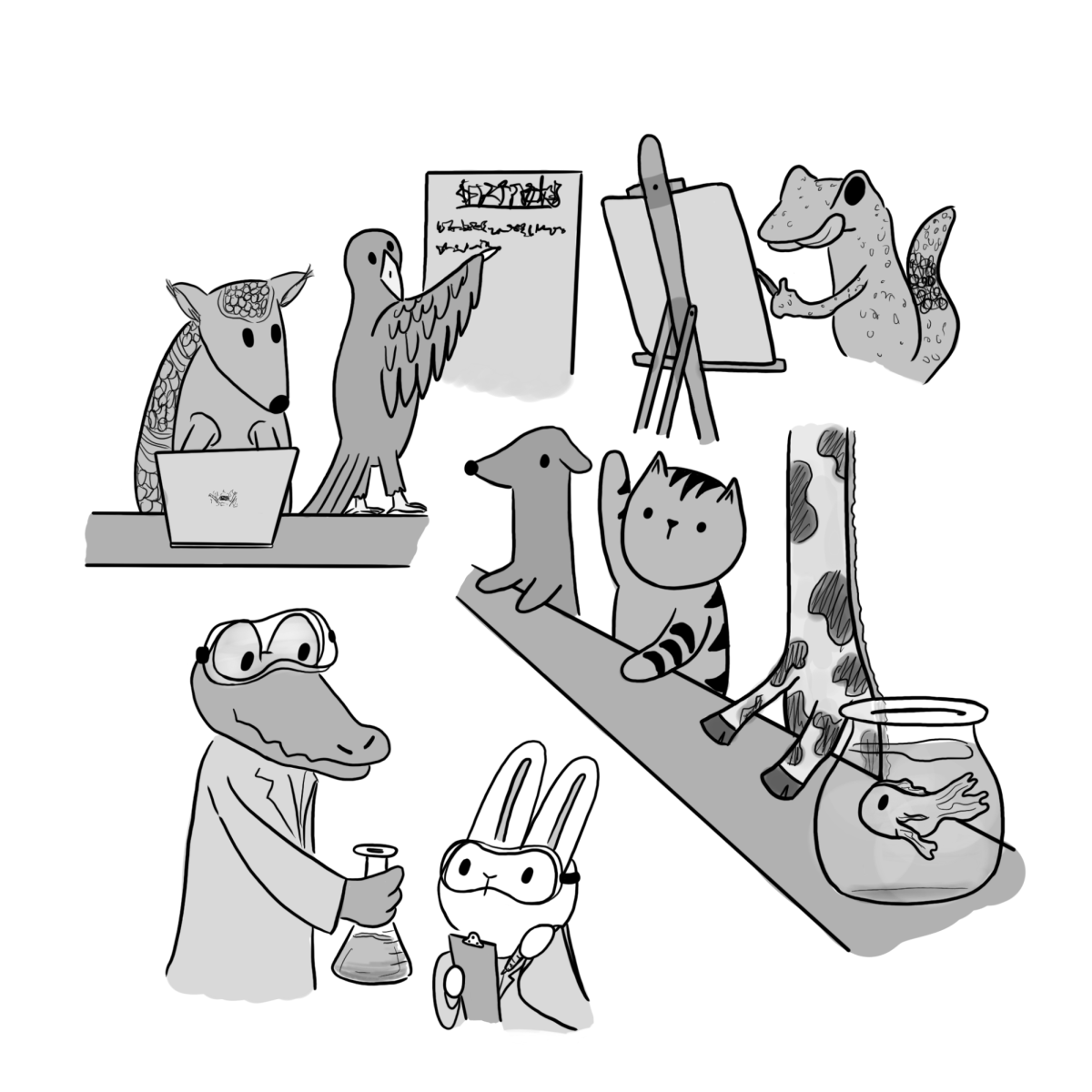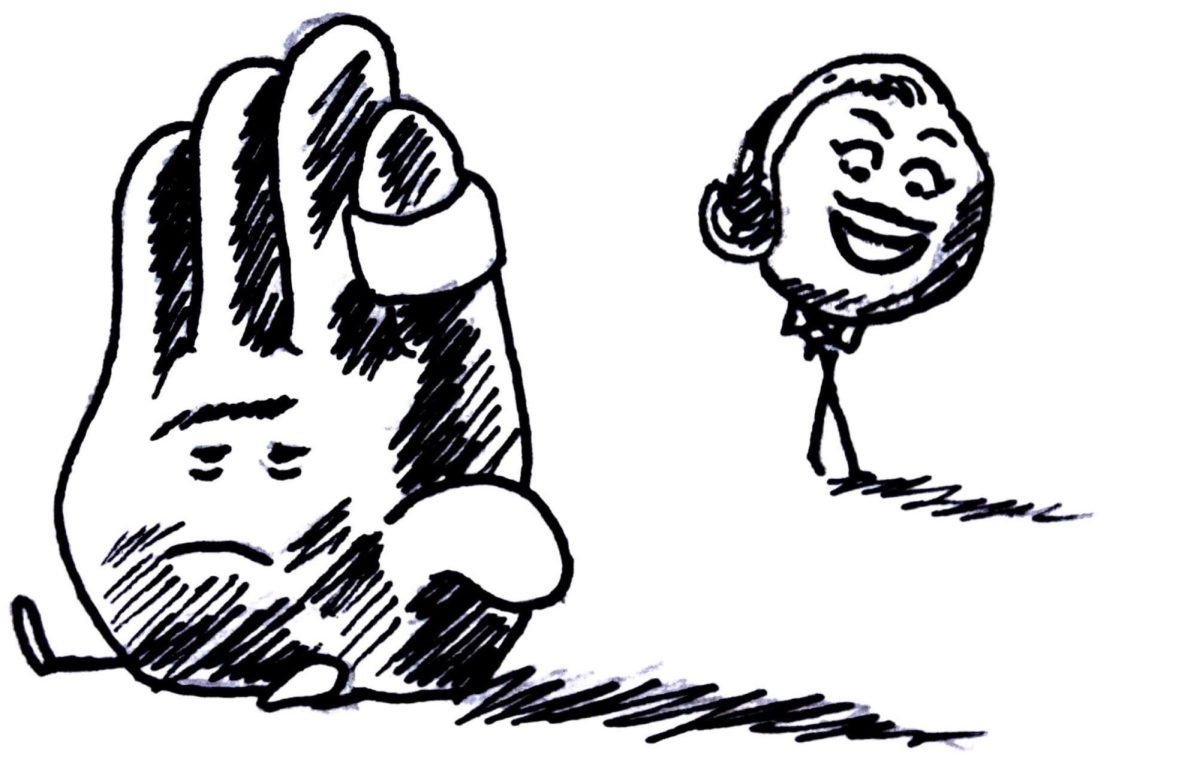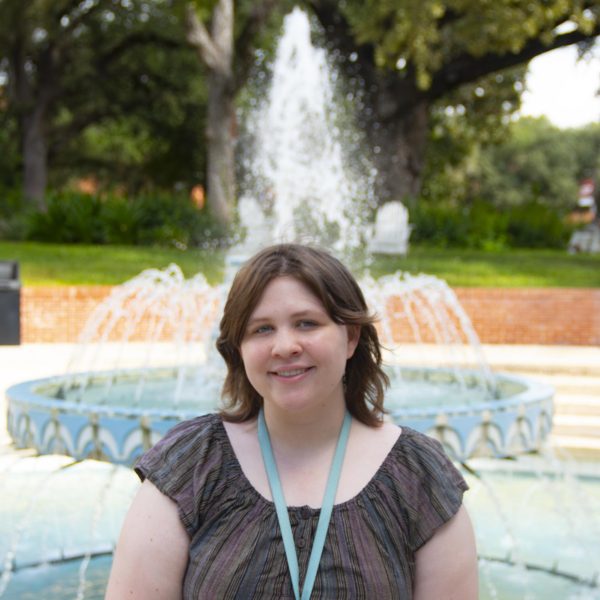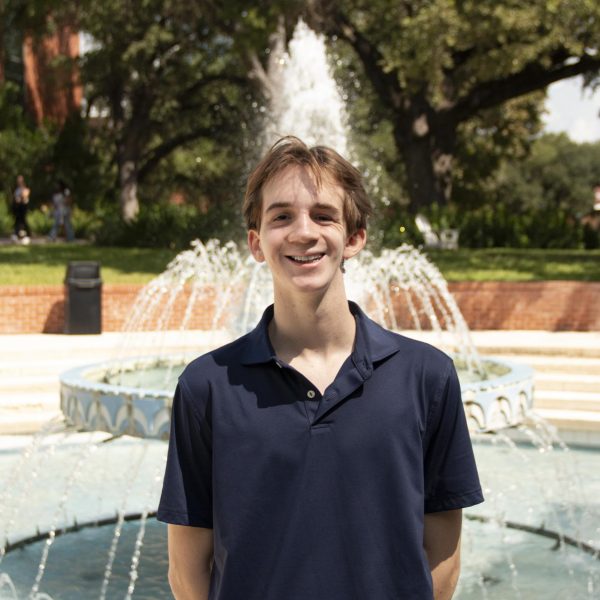Matthew Dirst, professor of music at the University of Houston, gave a solo harpsichord recital on Feb. 25 on Trinity’s harpsichord, made and maintained by local San Antonian Gerald Self. Around 30 students, staff, faculty and visitors attended the event at the Ruth Taylor Recital Hall.
The harpsichord is a keyboard instrument that, although similar to a piano, predates the piano and uses different techniques. Heller described the difference between a piano and a harpsichord.
“In a harpsichord, you have what are called plectra, that when you press the key, it comes up and there’s a little quill that plucks the string kind of like a guitarist would,” Heller said. “Harpsichords are a little bit smaller and lighter, so they don’t have the sustaining power of a piano, but it’s a very clean, clear sort of sound.”
In his hour-long performance, Dirst explored a variety of pieces from different periods. From the 17th and 18th centuries, Dirst performed pieces by Èlisabeth-Claude Jacquet de la Guerre, Johann Sebastian Bach, Carl Phillip Emanuel Bach and Domenico Scarlatti. Dirst also brought in pieces from the 20th century, performing “Fantasy for Harpsichord (1983)” by Ellen Taaffe Zwilich, one of the foremost American women composers, and “Ostinato and Sixth Dance in Bulgarian Rhythm” by Béla Bartók.
Trinity’s own David Heller, professor of music and Trinity organist, invited Dirst to the university. Heller explained why the recital’s repertoire was so exciting.
“He’s doing things from the 17th into the 20th century, which is unusual because we usually associate the instrument with the baroque era,” Heller said.
Heller has been Dirst’s friend and colleague for around 35 years and stated that Dirst is one of the foremost Bach scholars. According to Heller, he’s a prolific writer and musicologist, and these skills translate to his performances.
“His interpretations are very clean, thoughtful, always musical, always with sensitivity, but you can tell that there is a great deal of thought that went into the way that he interprets a piece of music,” Heller said.
Due to the technical differences between a piano and harpsichord, harpsichord students also experience different feelings when playing the instrument. Samuel Cornett, first-year English major, is currently learning the harpsichord under Heller and has described the difference between playing a piano and a harpsichord.
“It’s a different touch because it plucks the strings instead of hammering, so you have to practice that and how you’re going to get the best ring,” Cornett said. “You have to play a lot with holding notes and timing because there’s no pedal like a piano that holds it out.”
Haniel Neves, senior music performance major, has also taken harpsichord and organ from Heller, and saw Dirst perform previously at Saint Mark’s Episcopal Church. Neves described his excitement for Dirst to perform at Trinity.
“It’s nice to have him because of how close he is in Texas here and for him to show off the instrument that we have here that I regularly play on,” Neves said. “It’s something really special.”
*Correction: An earlier version of this article incorrectly spelled Gerald Self’s name as Gerard.

